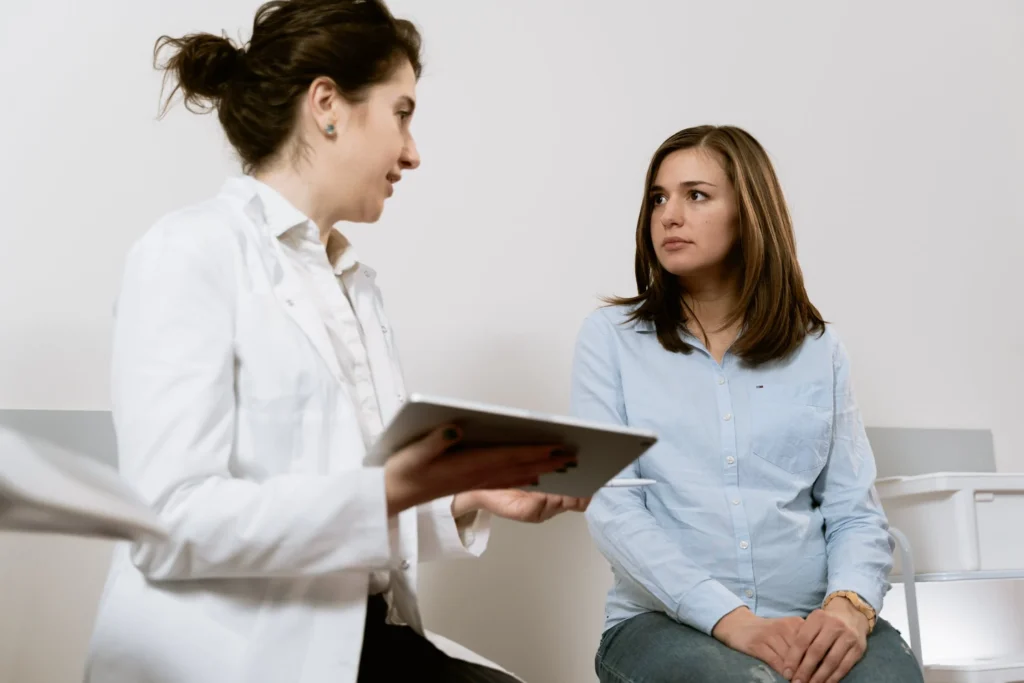
On Her Own does not, as a rule, take political positions. However, even casual readers can likely see that my priority is enabling women to live the lives that they desire, regardless of whether traditional support structures are behind her. Part of that is self-defense, including armed self-defense, because it is important to be able to stop people who want to harm us while we pursue the activities and lifestyles that make us who we are. While some choices we make may not be ideal, and we may be prevented by difficult circumstances from making other choices that we might want, that does not take away from our right to be safe. Besides, even if we are “perfect” in where we reside, how we earn our money, what we do for fun, we still might not be safe because of unchangeable aspects of who and what we are. It is necessary, then, for us to have the right to effective defense, including guns.
It is also necessary for us to have the right to reproductive health care. I’m putting aside the issue of who pays today, because it is moot without access. I’m also putting aside the issue of gender identity; it is beyond my scope. Instead, I would like to share some of the pragmatic reasons why women’s health care is so vital to our ability to live the lives we desire. Some of you will immediately assume that I want to advocate for the killing of innocent babies so that a woman can selfishly continue on without care for the life they have created. I urge you to read on with an open mind, to understand other reasons, reasons that someone you love or respect may be afraid to share because she fears that very reaction.
Pregnancy and childbirth can risk the mother’s life physically, mentally, and emotionally. The anticipation of overturning Roe v. Wade has led to a number of bans that make no exception for the mother’s health. In addition to the standard complications, including ones potentially deadly to both mother and child like preeclampsia, the very state of being pregnant can cause a woman to be more vulnerable to abuse, to become unable to acquire basic needs such as food and shelter, or to succumb to new or preexisting mental health challenges (including those that may result from being forced to carry to term after rape or incest, or findings of fetal conditions incompatible with life). Medications necessary for the mother’s health may be of doubtful safety during pregnancy, forcing her to choose between her own well-being and that of her child. That decision is complex and nuanced, and belongs to the woman and, if she so chooses, those closest to her, not to us.
Contraception fails. Even the best of methods is not completely foolproof unless you count abstinence and I cannot support that as the only solution for a woman (and that doesn’t account for cases of rape or abuse resulting in rape or incest). I talk about self-defense as supporting the lives we want to live instead of as an excuse to hide away from and avoid what we may find pleasurable, and I believe I am consistent here: we should not allow our fear of a potential poor or unwanted outcome prevent us from enjoying life, although we should expect to be responsible for taking reasonable precautions. Imperfect measures and the universe laughing are not reasons to force someone suffer the consequences even though they did their best to avoid them. If we were to discover a self-defense strategy that was 99.5% effective, we would not blame a person for intending to rely on it, and tell her that she would still be at fault for the dangerous situation she landed in and the injury she incurred even though she perfectly executed the strategy. There is pain and regret enough in the decision, without adding shame to it too.
Contraception is not used only to prevent viable pregnancies. Two of the most common, and most effective, forms of contraception – the hormonal birth control pill and intrauterine device (IUD) – are also used to treat conditions including endometriosis, menorrhagia, dysmenorrhea, adenomyosis, polycystic ovary syndrome (PCOS), and mood disorders affected by hormonal changes and imbalances. These conditions are not merely a matter of discomfort, but can be debilitating, even life-threatening, medical issues unique to biological women. As someone who requires these medications to manage her mental health, I cannot overstate the quality of life that can be lost by many, many women should they become unavailable. A slippery slope argument? Perhaps. However, these forms of contraception may partially work by preventing implantation of a fertilized egg. If, as some positions hold, conception is where life begins, then any method of artificially interfering with viability after conception may be considered abortifacients. In fact, certain organizations specifically consider these types of contraceptive methods to be equivalent to abortion and would therefore control access to them as well.
So this is where I make my stand with OHO: bodily autonomy is my core value. If we are to trust and promote the agency of a woman in other areas of life, then we must trust and promote hers here and instead of holding her hostage to another, make all potential options available to her. If we wish to influence her decision, we must do so by communication and compassion, not by restrictions and bans. To do otherwise risks desperate attempts at dangerous back-alley medical procedures or self-harm or suicide when she deems the available legal options untenable. I’m not cool with that. I hope you can see why, and come back so that we can continue to explore how we, as women, can survive and thrive in the world that is given to us.




